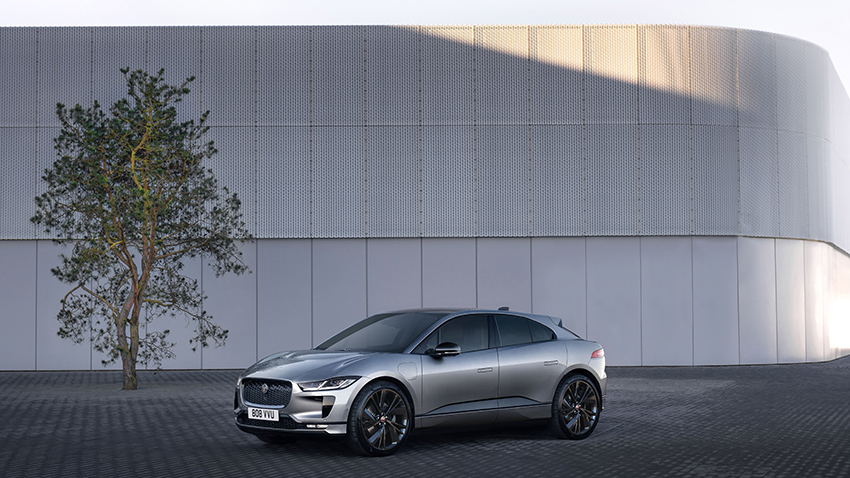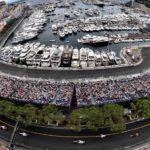In a move that is sure to send ripples of inspiration through the automobile sector, Jaguar Land Rover—the global leader in luxury SUVs—has committed to a 46% reduction in greenhouse gas emissions across vehicle manufacture and operations by 2030 (compared to a 2019 baseline). The company will also cut average vehicle emissions across its value chains by 54%, including a 60% reduction throughout the use phase of its vehicles. As part of its Reimagine strategy, the company is aiming for net-zero carbon emissions across its supply chain, products and operations by 2039. These ambitious goals are approved by the Science Based Targets Initiative, and place the brand on a direct trajectory to a 1.5°C emissions reduction in line with the Paris Agreement.
Alberto Carrillo Pineda, Managing Director, Science-Based Targets at CDP, one of the Science-Based Targets Initiative partners, said, “We congratulate Jaguar Land Rover on setting science-based targets consistent with limiting warming to 1.5C, the most ambitious goal of the Paris Agreement. By setting ambitious science-based targets grounded in climate science, Jaguar Land Rover is taking action to prevent the most damaging effects of climate change.”
With its three families of Range Rover, Discovery and Defender, Jaguar Land Rover is reimagining the future of modern luxury through responsible and functional design. The current model range embraces fully electric, plug-in hybrid and mild-hybrid vehicles, as well as the latest diesel and petrol engines. Jaguar is also the first-ever brand to offer a premium all-electric performance SUV, the Jaguar I-PACE. The class-leading Jaguars and Land Rovers have remained consistently in demand across the world. The company sold 439,588 vehicles in 127 countries in the fiscal year 2020-21.
The brand’s Reimage strategy also focuses on the electrification of both the Land Rover and Jaguar brands. By the end of the decade, all Jaguar and Land Rover nameplates will be available in pure electric form. To achieve its net-zero emissions goal within the set timeline, the company will decarbonise across design and materials, manufacturing operations, supply chain, electrification, battery strategy, circular economy processes, and end-of-life treatment.
Rossella Cardone, Director and Head of Sustainability Office at Jaguar Land Rover, is driving this major transformation alongside François Dossa, Executive Director, Strategy and Sustainability. As Cardone explains, “Sustainability sits at the core of our Reimagine strategy, with the aim to achieve net carbon zero by 2039, as the creator of the world’s most desirable modern luxury vehicles. As we move from climate ambition into action, we are now embedding sustainability into the Jaguar Land Rover DNA to minimise our carbon footprint across our value chain. Science-based targets tell us how much and how quickly we need to reduce our greenhouse gas emissions as well as keeping stakeholders informed about our progress.”












